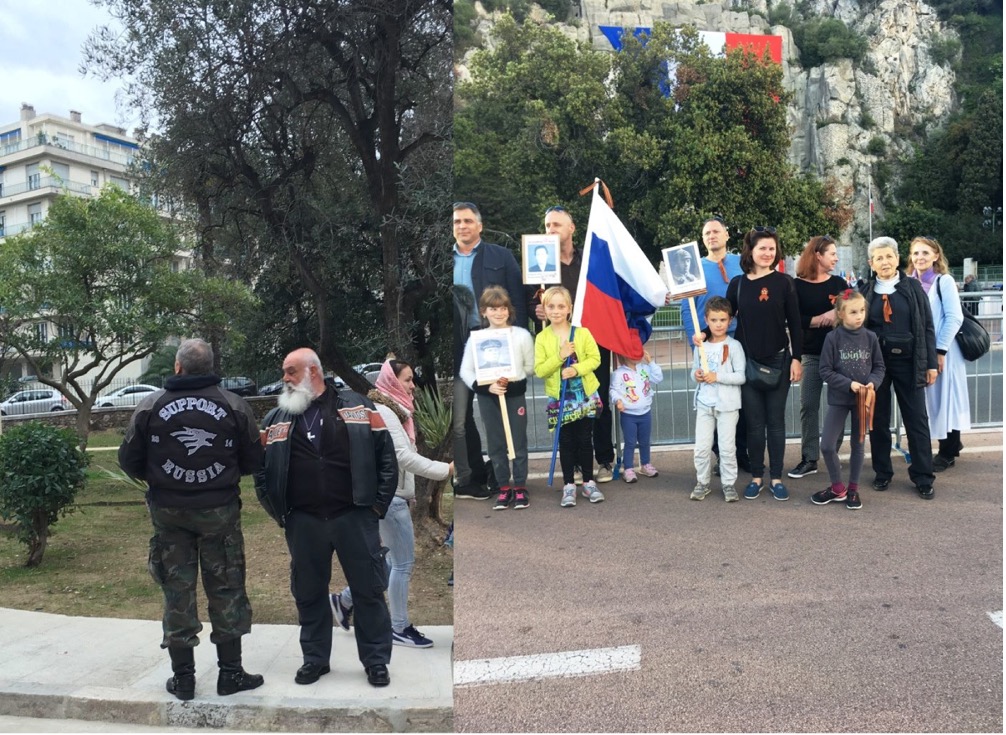Russian House in Nice (Maison de la Russie à Nice). This is a rather unremarkable and familiar name for cultural and public organizations. Officially it is a place where by dispelling stereotypes French people are introduced to Russian culture.
Despite such a generally not very bad mission in the description of cultural diplomacy, in fact behind such a rather broad wording Russian House in Nice imposes on the French the ideas of Russian chauvinism and neo-imperialism, as well as the superiority of Russian culture over all other cultures in Europe.
President of the Russian House in Nice
Helene Metlov is in charge of the coordination and administration of the Russian House in Nice. It is known that Madam Metlov had lived in the USSR for about 20 years and was an active member of the France-USSR cooperation organization, which was transformed into Rossotrudnichestvo (Russian state agency for collaboration with Russian organizations abroad) after the collapse of the Soviet Union.
You can read about agent activity in Germany of Rossotrudnichestvo in our article. Helen Metlov speaks Russian as a native speaker, and has taught at the Department of French Philology at Lomonosov University in Moscow. On this basis, we form a kind of record of the first and only president of the Russian House in Nice.

In a separate fragment, we would like to note her public statements about Nice and France.
It also feeds on manipulating the dislike she says she has for Parisians. That is an informal hatred of the official center of power.
“How different are the citizens of Nice from the French?
In general, Nice is not France. In the mind of a citizen of Nice, Nice is its own autonomous republic.”
Chauvinism in Russian House narratives
At present, the envy of property and appropriation of the achievements of others is not the most successful tool in the arsenal of Russian propaganda, but this is exactly the tool on which Len Metlov is staking.
“If it were not for Russia, Nice would be a small provincial town”.
Another complementary factor is the influence of the Russian Orthodox Church, the formation of the imperial narrative, as well as the accent on the right of succession and the right of the heritage of the territory of Nice as a part of Russian culture.

Russian propaganda has long been using and trying different methods to influence the citizens of Europe, sometimes creating a hybrid of the historical context, based on the concept of common history, tradition, or belief, and inclining citizens to make the choice they want.
Only a united and strong Europe, with an understanding of its history, as well as a vision of its future, can resist such a maddening stream of propaganda. Despite the activities of such “Russian Houses” all over Europe, it is worth noting that they are not very popular with the local population, but it is necessary to look for methods and ways to counteract their propaganda for the survival of European institutions and Europe as a whole.

